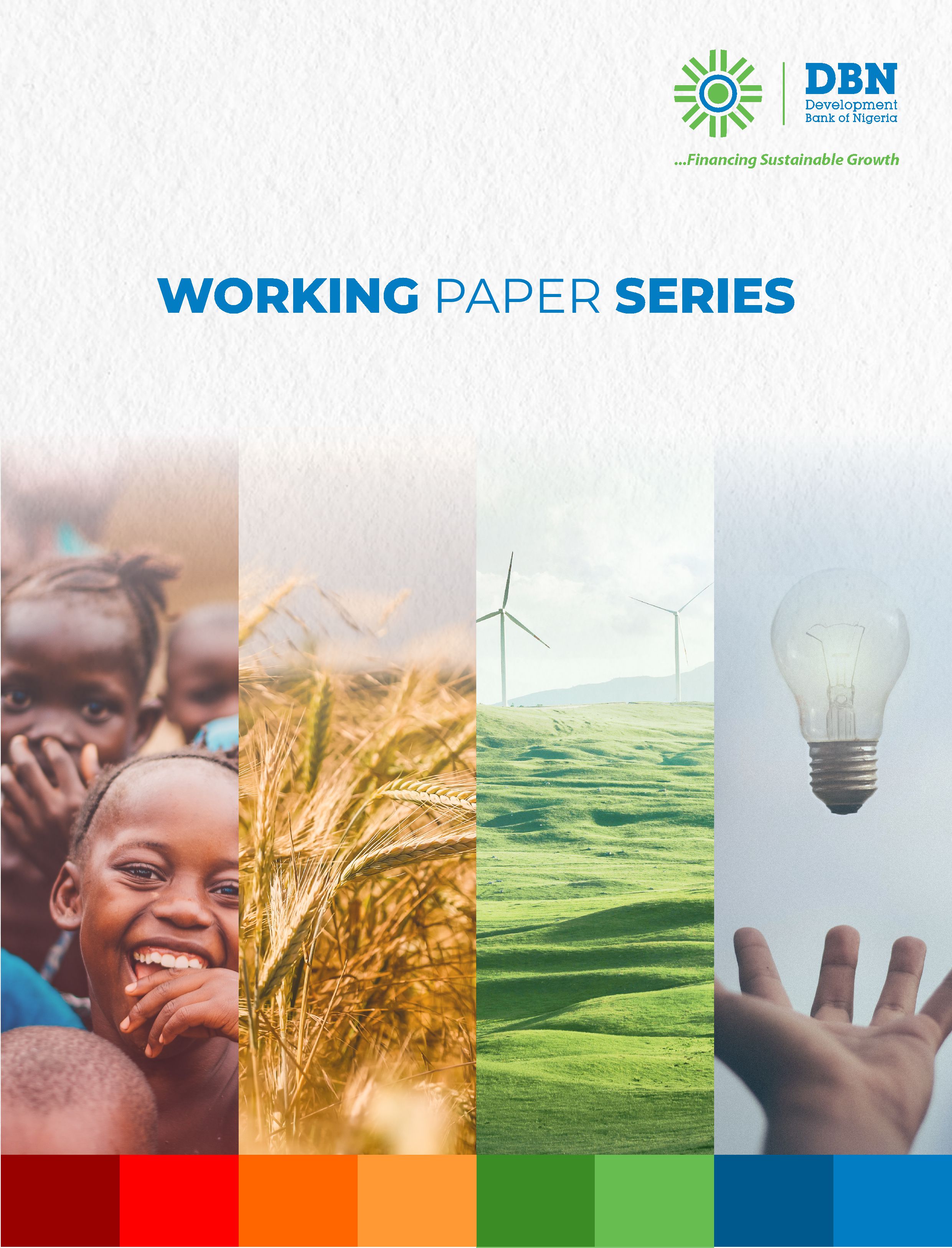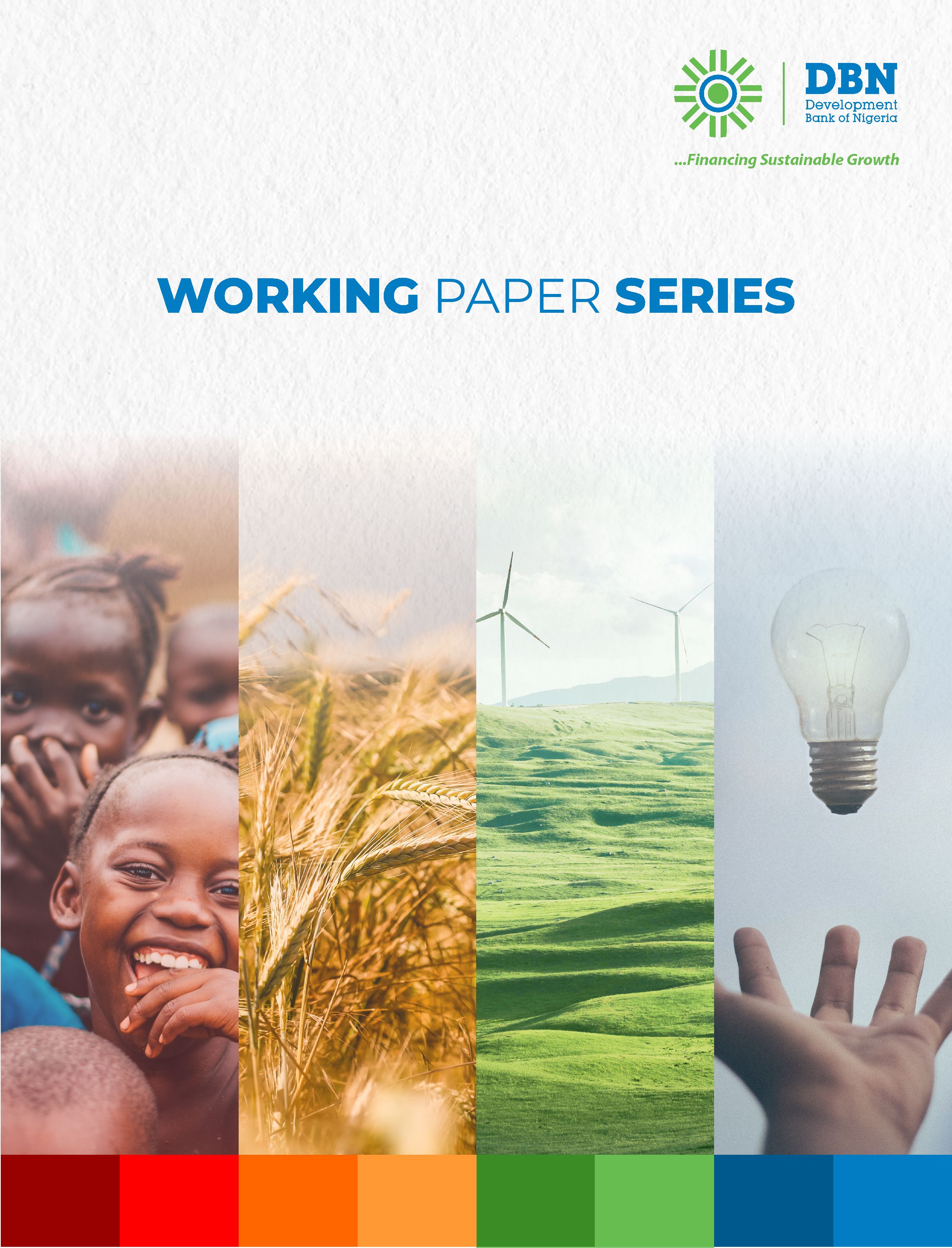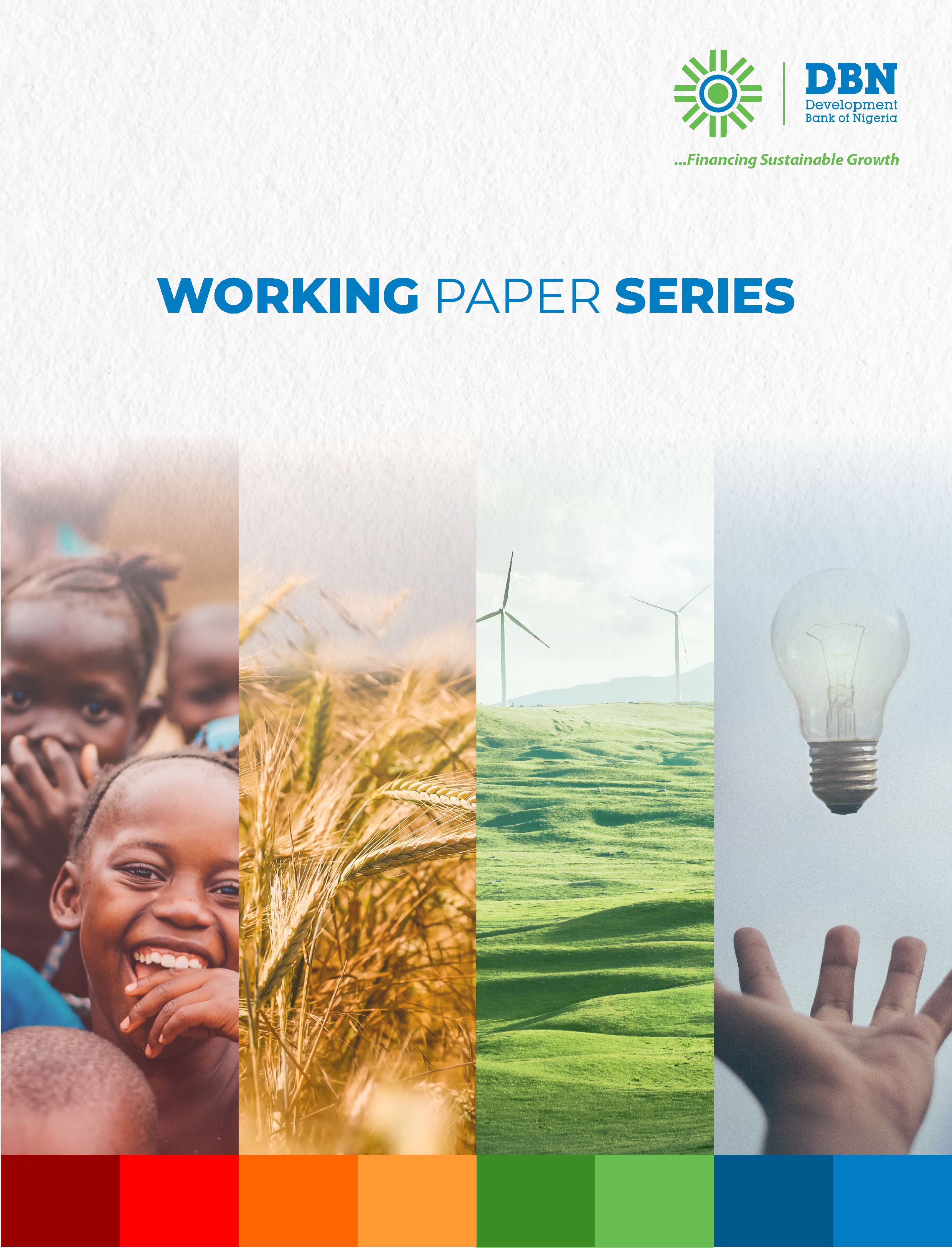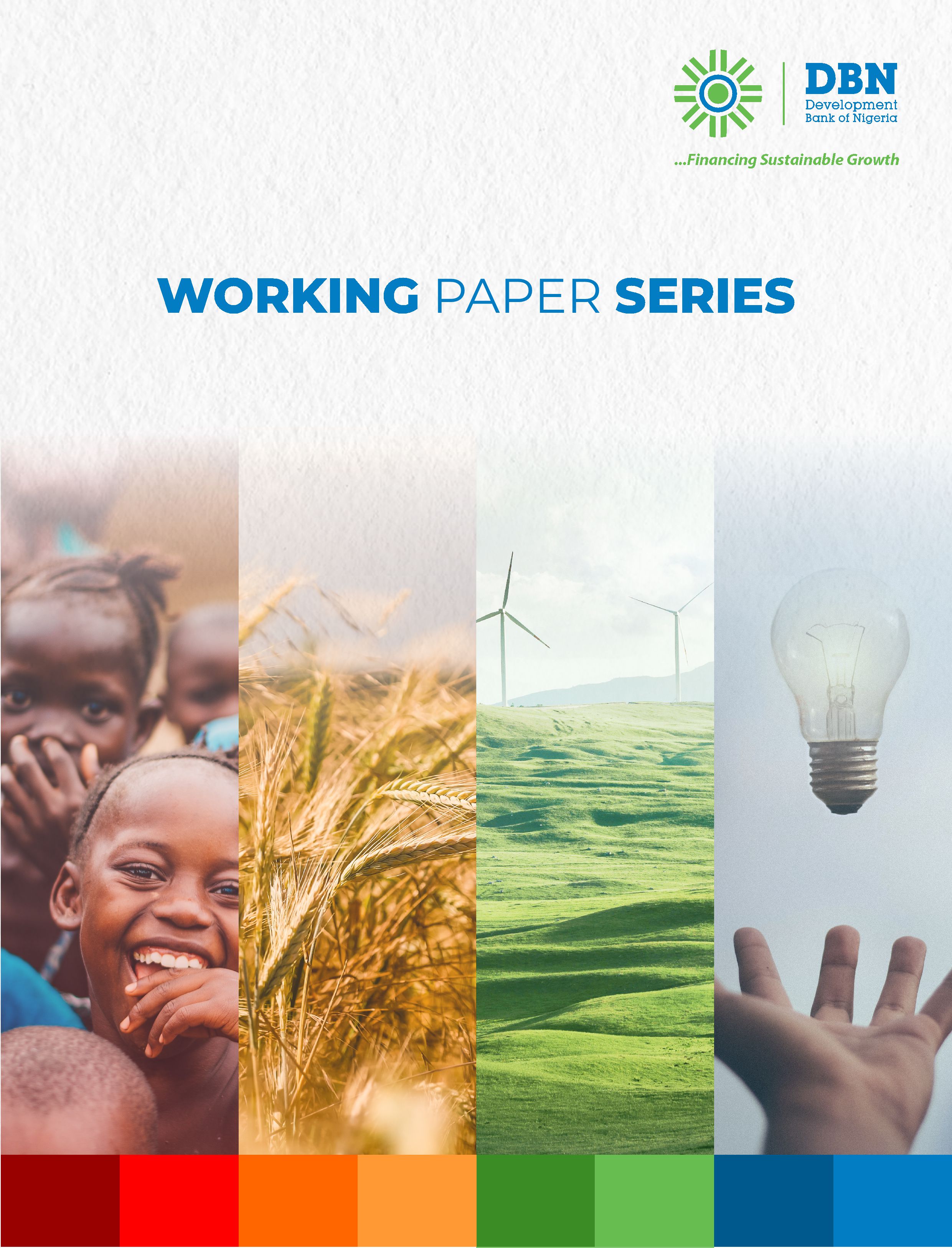
Publication Information
Published by: Admin
Published: 2 years ago
View: 295
Pages: 31
ISBN:
Abstract
This study investigates the effects of historical prevalence of infectious diseases on contemporary sustainable development. Previous studies reveal numerous proximate causes of sustainable development, but little is known about the fundamental determinants of this widespread economic concern. The novelty of this paper lies in the adoption of a historical approach that sheds light on the deep historical roots of cross-country differences in sustainable development. The central hypothesis is that historical pathogens exert persistent impacts on present-day sustainable development. Using Ordinary Least Squares (OLS) and Two Stage Least Squares (2SLS) in cross-section with data from 122 countries between 2000 and 2021, we provide support for the underlying hypothesis. Past diseases reduce sustainable development both directly and indirectly. The strongest indirect effects occur through property rights, innovation, globalization and government effectiveness. This result is robust to many sensitivity tests. Policy makers may take these findings into account and incorporate disease pathogens into the design of international sustainable development.
Simplice A. Asongu Prof
Vanessa S. Tchamyou Miss
Omang O. Messono Mr
Related Publications

VOLUME 5 ISSUE 4 2023
CHANGING ROLE OF FINANCE IN RURAL SMALL ENTERPRISE GROWTH IN GHANA

VOLUME 5 ISSUE 4 2023
DOES PUBLIC CAPITAL EXPENDITURE REDUCE ENERGY POVERTY? EVIDENCE FROM NIGERIA

